Over the years, Philip Morris International (PMI) has continuously cooperated with governments, applying science and technology to implement comprehensive and sustainable anti-smuggling initiatives.
PMI works with 37 countries to combat illicit trafficking
Illegal tobacco products, especially counterfeit and homemade products, pose serious risks to users, especially young people.
In 2019, the US EVALI epidemic – vaping-associated pneumonia – was linked to black market THC-containing products that cause lung damage. At the same time, the profits from smuggling were used to finance crimes such as human trafficking, drug trafficking and even international terrorism.
Therefore, preventing smuggling is a global imperative that requires close coordination between governments , businesses and stakeholders. As part of that commitment, PMI works with governments, non-governmental organizations (NGOs) and stakeholders through initiatives such as PMI IMPACT.
The group takes a collaborative and comprehensive approach by funding projects worldwide , sharing knowledge and implementing new solutions to combat illicit trafficking and related crimes, including drugs.
After more than 10 years of implementation, PMI has supported 71 projects in 37 countries, with a total budget of more than 53 million USD. PMI IMPACT projects focus on addressing many different aspects of this activity - from tobacco, alcohol, pharmaceuticals to the trade of rare wildlife.
PMI IMPACT-sponsored organizations span the European Union, Eastern Europe, the Middle East, Asia, North and South America, with initiatives across a wide range of sectors.
For example, Lithuanian technology company INTA has developed advanced X-ray imaging techniques to support border control processes, helping customs detect contraband with greater accuracy and scale than before.
In Croatia, the Zagreb Institute of Economics’ Balkan Smugg project – also part of PMI IMPACT – focuses on cigarette smuggling in seven countries along the Balkan route, aiming to assess the actual scale and consumer attitudes towards black market cigarette trading, providing a database for policy and law enforcement.
Root-to-end prevention in preventing youth access to tobacco
In preventing minors from accessing tobacco, PMI has implemented comprehensively through four main aspects.
First, PMI sets strict business practices, targeting only adult smokers.
Next, PMI requires distribution partners to strictly comply with the regulation of not selling products to minors.
In 2023, 98% of PMI's global product volume was covered by control programs in indirect retail channels - demonstrating the group's efforts to maintain coverage above 90%.
In addition, PMI also invests in research and technology applications to prevent the sale or use of products by the wrong people.
Finally, the product packaging is designed with a warning label that the product is for adult use only.
In fact, PMI has increased its cooperation with retailers in many countries.
In the US, in August 2025, PMI partnered with We Card and TruAge to scan IDs using technology, helping retailers identify fake documents and improve accuracy in authenticating customers over 21 years old.
In Serbia, the group, working with NGOs and distribution partners, requires points of sale to publicly commit to labeling “no sales to minors.”
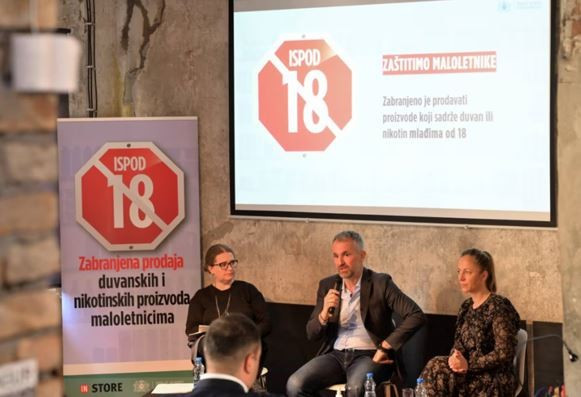
The black market continues to pose a major threat, penetrating and directly targeting young people. In India, 10% of 18-24 year olds still use e-cigarettes despite a ban in 2019. Singapore recorded 5.2% of adults using illegal e-cigarette products. In Thailand, the figure is 9.1%.
This raises an urgent need to develop comprehensive policies to ensure effective implementation and protect young people from the risk of accessing products from the illegal market./.
Source: https://www.vietnamplus.vn/ung-dung-cong-nghe-ngan-chan-buon-lau-va-gioi-tre-tiep-can-thuoc-la-post1071674.vnp


![[Photo] Da Nang residents "hunt for photos" of big waves at the mouth of the Han River](https://vphoto.vietnam.vn/thumb/1200x675/vietnam/resource/IMAGE/2025/10/21/1761043632309_ndo_br_11-jpg.webp)


![[Photo] Prime Minister Pham Minh Chinh meets with Speaker of the Hungarian National Assembly Kover Laszlo](https://vphoto.vietnam.vn/thumb/1200x675/vietnam/resource/IMAGE/2025/10/20/1760970413415_dsc-8111-jpg.webp)
![[Photo] Prime Minister Pham Minh Chinh received Mr. Yamamoto Ichita, Governor of Gunma Province (Japan)](https://vphoto.vietnam.vn/thumb/1200x675/vietnam/resource/IMAGE/2025/10/21/1761032833411_dsc-8867-jpg.webp)

![[Infographic] 8 cancers related to tobacco](https://vphoto.vietnam.vn/thumb/402x226/vietnam/resource/IMAGE/2025/10/18/1760748667221_anh-chup-man-hinh-2025-09-26-110-2182-jpg.webp)


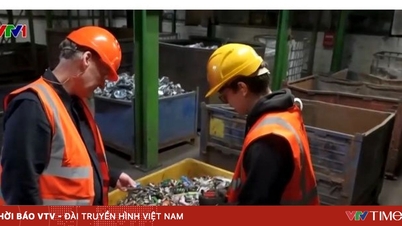





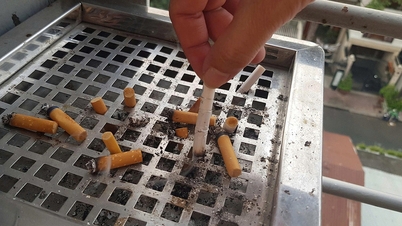




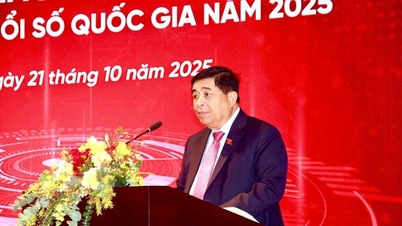
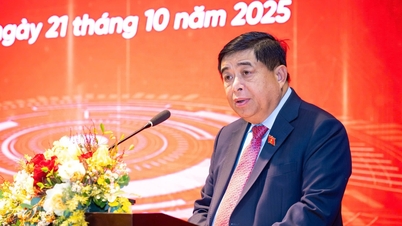

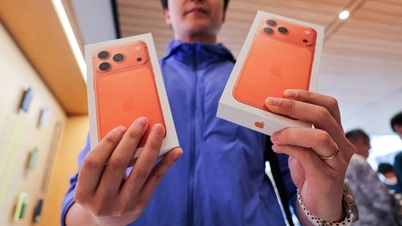






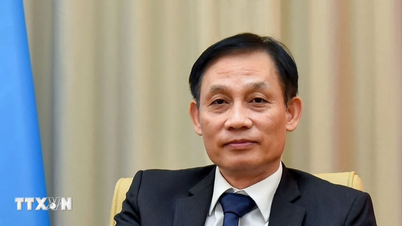
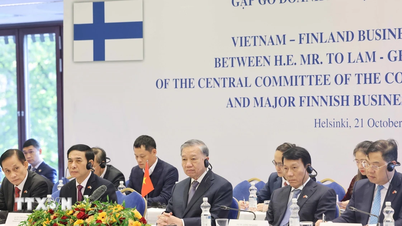
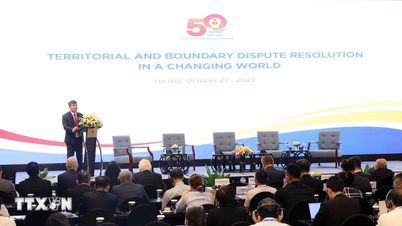
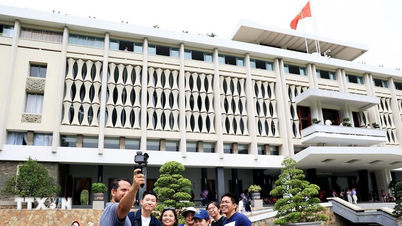
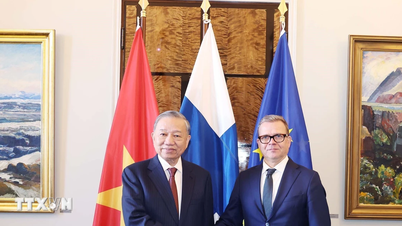
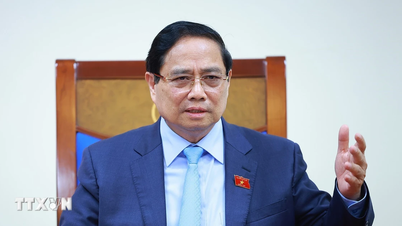



































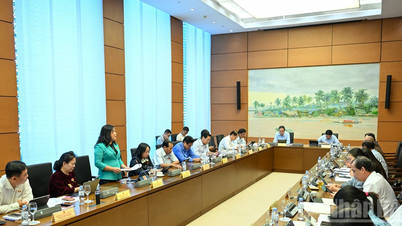
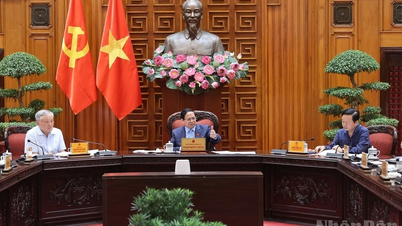
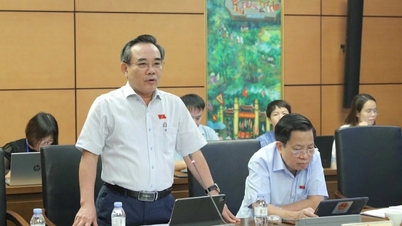
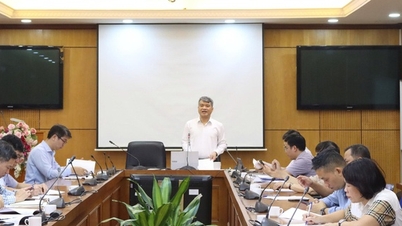
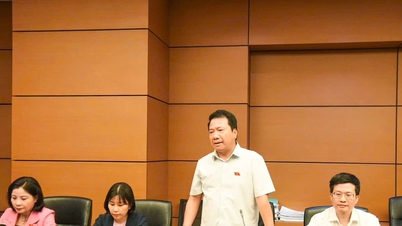

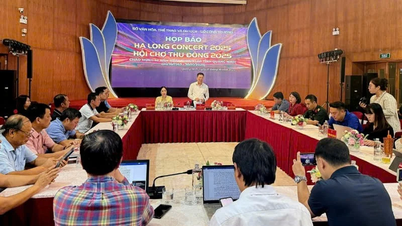
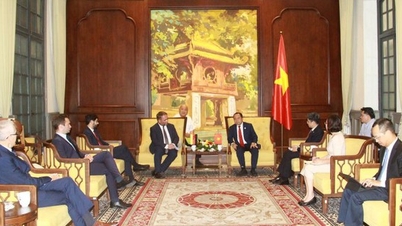


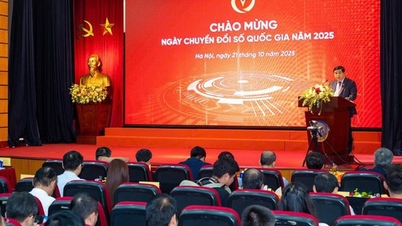


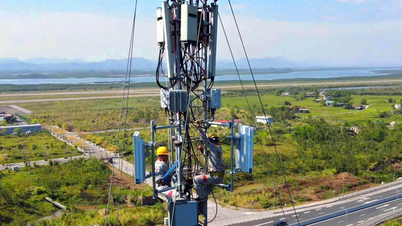
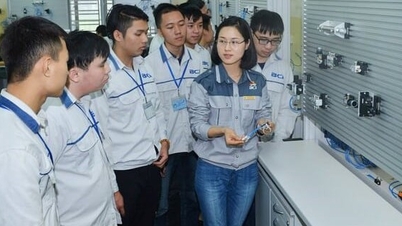


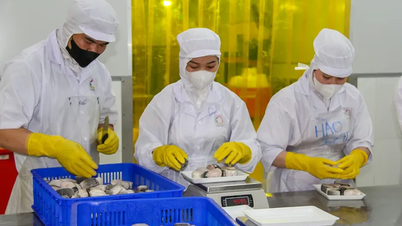

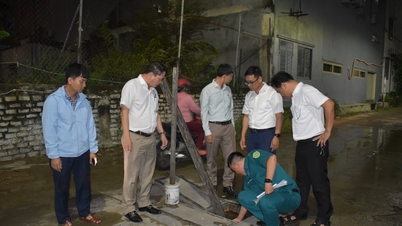

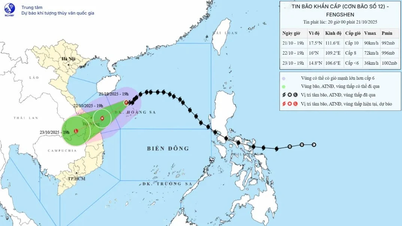
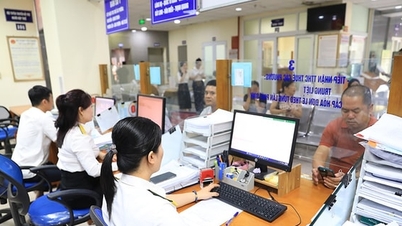
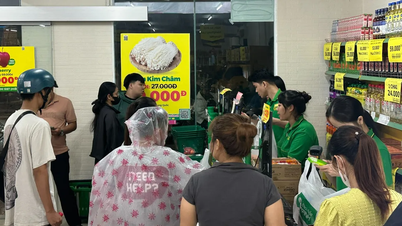














Comment (0)